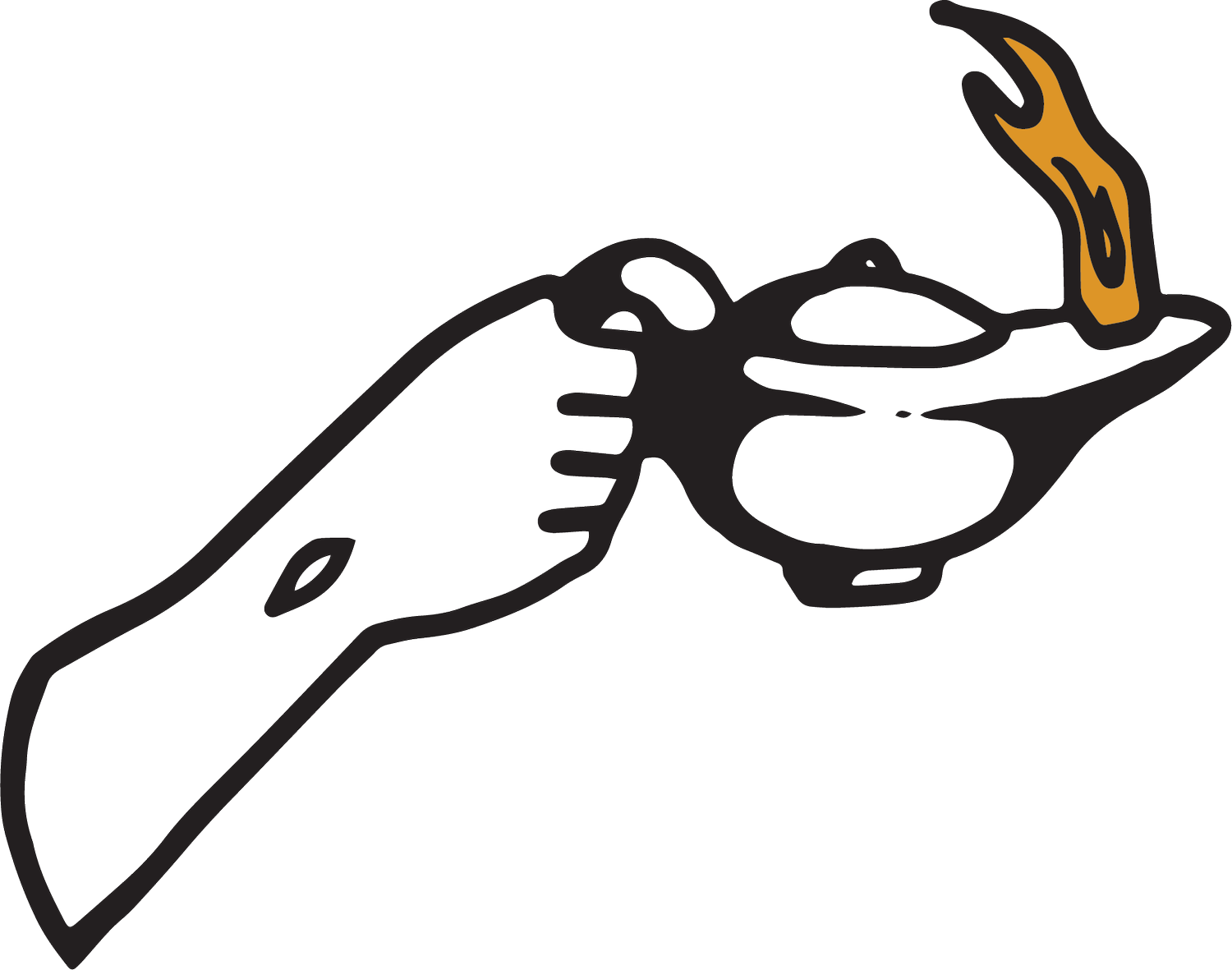Chasms and Children: A Family Portrait
Photo by Alexander Sinn on Unsplash
An Essay by Mariana Mosli
“He will wipe away every tear from their eyes, and death shall be no more, neither shall there be mourning, nor crying, nor pain anymore, for the former things have passed away.”—Revelation 21:4 (ESV)
“Practice resurrection.”—Wendell Berry (1)
I. Chasms and Children
In between her list of “Mom, you must read”—“Tuck Everlasting,” “Curse of the Wendigo,” “The Monstrumologist”—a chasm opened. Small at first, nearly invisible, like the crack in a seed before it splits to grow. We walked its edges unaware, sowing pain like dandelions—light and careless. We didn’t know that grief was sketching a map beneath our feet. Before I realized I could never protect her, we were already falling.
She is the beginning of me.
The version of me before her was just another girl-child–bruised and obedient–playing dangerous games I learned from an adult who warned against them with the same mouth that modeled them.
Long before I understood:
He wept for us.
II. The Flame
Between breakfast dates, burpees on the sand, and his first college class, the slow drip of pain hardened quiet sorrow into rage. My blue-eyed baby, who once trusted me with his questions, now wrapped himself in resentment and disappeared.
The chasm made room for him, too.
No scream into a pillow in the middle of the night could undo what had been done.
Long before his silence became his shelter:
He wept for him.
Before my niece’s first weekend at a shelter, she asked me, toddler-soft: “what should we talk about, Titi?” while I tried to help her mother up from the bathroom floor. Just a child, already learning that fire was safer than people. She became both ember and spark.
Addiction is a wildfire.
Mental illness, its matchstick.
And still, long before the blaze:
He wept for her.
Before my nephew could walk or speak, machines breathed for him while the state debated where he belonged.
Long before his lungs knew air:
He wept for him.
III. Graves in the Garden
Before we played outside Tía Raquel’s garden and tugged at our Sunday best, our father laid bricks in a tomb. Each blow, each betrayal, blueprints for how to widen the chasm. I lost my sister’s hand before I ever had the strength to hold it.
Long before she surrendered her children to me:
He wept for her.
Before I called him papi, six others never had the chance. Pride built his altar, and we were the sacrifice. He built castles in the sand, each tide washing them farther away.
Long before his kingdoms crumbled:
He wept for him.
Before I heard the words, “she’s gone,” my mother had already disappeared. Not into death, but into dysfunction. Her essence devoured like we devoured her flan and pollo fricasé—without thanks, without pause.
Her absence louder than her presence.
Still, long before our grief:
He wept for her.
IV. Palm Sunday: The Weeping God
Scripture says Jesus wept.
Yes, at the tomb of Lazarus, but also on the road to Jerusalem—while the crowd sang.
Hosanna. Palms waving. Praise thick in the air.
And still, He wept.
Because we didn’t understand.
Because celebration without communion breaks His heart.
Because the same hands waving branches would soon clench into fists.
Because the chasm, a festering wound between man and God, ached wide.
Palm Sunday is a strange garden—joy and death rooted side by side.
Jesus rides into cheers but sees the cross.
He sees the grave. He sees the chasm.
I understand that now.
Because I’ve walked through graves that look like family photos.
Held the hands of the half-dead.
Buried my fractured childhood beneath layers of resilience.
Tried to be a savior in stories where I needed saving.
V. The Promise of Resurgam
This isn’t just a broken family’s story.
It’s a story with two parts: one written in grave-dirt, the other in scarlet bloom.
A story about a devouring chasm—and the Cross that dared to lay across it.
Because:
Long before we become daughters,
He weeps for us.
Long before we lose the trust of our sons,
He weeps for us.
Long before addictions steal our siblings,
He weeps for us.
Long before breathing tubes and custody papers,
He weeps.
Long before we’ve wounded or have been wounded,
He has wept for us all.
And still today, I walk a garden path where blanket flowers bloom beside loss, and with aching breath in my lungs, praise the God who weeps—who bridges the chasm with His own body at the Cross.
A plank laid across our abyss. Splintered wood between heaven and dirt. A mercy strong enough to carry us home.
And now:
I rise not because I am whole, but because He is.
I bloom not because the ground is soft, but because He broke it open with His tears.
A God who weeps, then walks out of the grave, garden light clinging to His wounds like dew, whispering resurgam over every grave we dig—including our own—inviting us to do the same.
❁ ❁ ❁
1. Berry, Wendell. “Manifesto: The Mad Farmer Liberation Front.” In The Country of Marriage. New York: Harcourt, (1973).
Mariana Herrera Mosli is a Cuban-American creative and storyteller whose work explores the intersection of theology and literature, seeking to bridge the sacred and the secular. A graduate student at Northern Seminary, she centers marginalized voices through research, narrative, and community engagement. She is the creator of Meet at the Well, a biweekly Substack and podcast that invites honest dialogue around faith, culture, and the in-between spaces. Her written and visual work has appeared in The Way Back to Ourselves, Vessels of Light, Creative Loafing, BuzzFeed, HuffPost, and more. Mariana lives in Tampa, Florida, with her husband, children, and Lulu—her colorful maltipoo and faithful writing companion.



